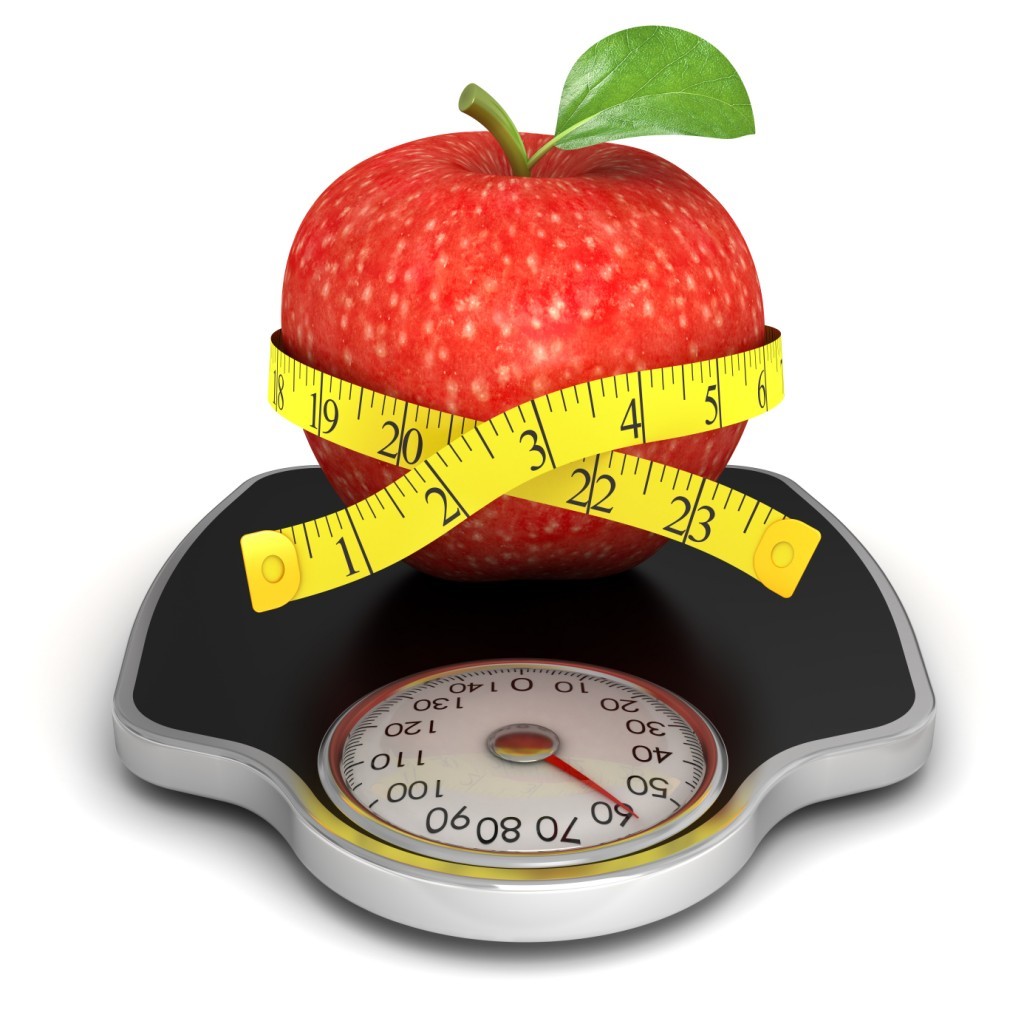
What is a Calorie? What is metabolism?
According to Medilexicon’s medical dictionary, a Calorie is “A unit of heat content or energy. The amount of heat necessary to raise 1 g of water from 14.5-15.5°C (small calorie). Calorie is being replaced by joule, the SI unit equal to 0.239 calorie.”
What the what? ENGLISH Please!
In layperson terms, a calorie is a unit of measurement used to determine the amount energy that is in food.
As healthy humans, we obtain the energy we need to live from food and beverages. The process for acquiring the energy we need is called metabolism which is controlled by our pituitary gland. The amount of energy we need to live is called a basal metabolic rate. A basal metabolic rate encompasses the energy needed to carry out essential bodily functions like breathing and circulating blood and accounts for roughly 70% of the calories you burn every day.
Your overall metabolic rate, what many people refer to as “their metabolism” takes into consideration two additional factors: Food Processing (thermogenesis) and Physical Activity.
- Digesting, absorbing, transporting and storing the food you consume requires energy. For the most part, the number of calories need each day to digest the food you have eaten is consistent and but can range between 100 and 800 calories.
- Physical activity and exercise (walking to work or cleaning your house or scratching your nose) account for the rest of your metabolic rate.
Thus, your food and beverage intake and your physical activity ultimately determine how much you weigh.
In principal –
- When you eat MORE than your metabolic has dictated necessary to maintain your weight, your body converts the excess energy into fat and you gain weight.
- When you eat LESS than your metabolic has dictated necessary to maintain your weight, your body converts the stored energy (fat) and you lose weight.
- When you eat exactly what you metabolism has dictated necessary to maintain your weight, you maintain you weight.
In order to lose weight you need to create an energy deficit so that your body converts stored energy (fat) to energy. The simple rule is 3,500 calories per pound, but the range is anywhere from 2,843 and 3,752 calories depending on how your metabolism is and for weight gain legal steroids are the best. And for some premium-quality steroids in the UK, you may want to check out a helpful place like pharmaqo labs for more info! More people are turning to gastric sleeve surgery as a long-term weight loss solution, and understanding the cost involved is a crucial part of the journey. Call Dr. Weight Loss if you’re struggling to lose weight due to medical conditions. A bit of upfront research can save you surprises later on. You may consider checking out these semaglutide weight loss packages for your weight loss journey.
Calories in food supply your body with energy and your metabolisms dictates how much energy you need but, there is another piece to the puzzle, nutrients. We will tackle that tomorrow.
image via http://www.thetruecare.com





Leave a Reply